
The Mishnah or the Mishna is the first major written collection of the Jewish oral traditions that are known as the Oral Torah. It is also the first major work of rabbinic literature, with the oldest surviving material dating to the 6th to 7th centuries CE.
ArtScroll is an imprint of translations, books and commentaries from an Orthodox Jewish perspective published by Mesorah Publications, Ltd., a publishing company based in Rahway, New Jersey. Rabbi Nosson Scherman is the general editor.

Abraham ben Meir Ibn Ezra was one of the most distinguished Jewish biblical commentators and philosophers of the Middle Ages. He was born in Tudela, Taifa of Zaragoza.
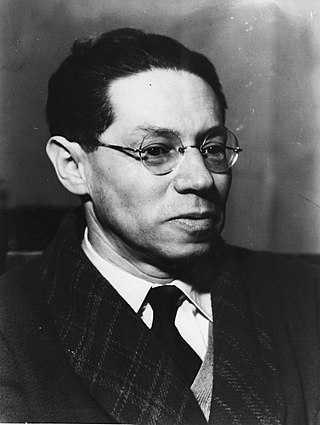
Lion Feuchtwanger was a German Jewish novelist and playwright. A prominent figure in the literary world of Weimar Germany, he influenced contemporaries including playwright Bertolt Brecht.
Bahir or Sefer HaBahir is an anonymous mystical work, attributed to a 1st-century rabbinic sage Nehunya ben HaKanah because it begins with the words, "R. Nehunya ben HaKanah said". It is also known as Midrash of Rabbi Nehunya ben HaKanahמִדְרָשׁ רַבִּי נְחוּנְיָא בֶּן הַקָּנָה.

Meir Shalev was an Israeli writer and newspaper columnist for the daily Yedioth Ahronoth. Shalev's books have been translated into 26 languages.

Hebrew literature consists of ancient, medieval, and modern writings in the Hebrew language. It is one of the primary forms of Jewish literature, though there have been cases of literature written in Hebrew by non-Jews. Hebrew literature was produced in many different parts of the world throughout the medieval and modern eras, while contemporary Hebrew literature is largely Israeli literature. In 1966, Agnon won the Nobel Prize for Literature for novels and short stories that employ a unique blend of biblical, Talmudic and modern Hebrew, making him the first Hebrew writer to receive this award.

Jewish literature includes works written by Jews on Jewish themes, literary works written in Jewish languages on various themes, and literary works in any language written by Jewish writers. Ancient Jewish literature includes Biblical literature and rabbinic literature. Medieval Jewish literature includes not only rabbinic literature but also ethical literature, philosophical literature, mystical literature, various other forms of prose including history and fiction, and various forms of poetry of both religious and secular varieties. The production of Jewish literature has flowered with the modern emergence of secular Jewish culture. Modern Jewish literature has included Yiddish literature, Judeo-Tat literature, Ladino literature, Hebrew literature, and Jewish American literature.
Hillel Halkin is an American-born Israeli translator, biographer, literary critic, and novelist who has lived in Israel since 1970.
Yaakov Shabtai was an Israeli novelist, playwright, and translator.
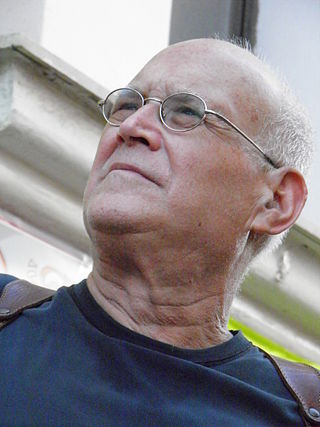
Aharon Shabtai is an Israeli poet and translator.

Shabbataiben Meir HaKohen was a noted 17th century talmudist and halakhist. He became known as the Shakh, which is an abbreviation of his most important work, Siftei Kohen on the Shulchan Aruch.
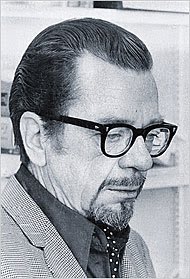
John Edward Williams was an American author, editor and professor. He was best known for his novels Butcher's Crossing (1960), Stoner (1965), and Augustus (1972), which won a U.S. National Book Award.
Kādambari is a romantic novel in Sanskrit. It was substantially composed by Bāṇabhaṭṭa in the first half of the 7th century CE, who did not survive to see it through completion. The novel was completed by Banabhatta's son Bhushanabhatta, according to the plan laid out by his late father. It is conventionally divided into Purvabhaga written by Banabhatta, and Uttarabhaga by Bhushanabhatta. (An alternate tradition gives the son's name as Pulindabhatta.)

Past Continuous is a 1977 novel originally written in Hebrew by Israeli novelist Yaakov Shabtai. The original title, Zikhron Devarim is a form of contract or letter of agreement or memorandum, but could also be translated literally as Remembrance of Things.

Joseph Perl, was an Ashkenazi Jewish educator and writer, a scion of the Haskalah or Jewish Enlightenment. He wrote in Hebrew, Yiddish, and German; in 1819, he published the first Hebrew novel. Born and raised in the Austrian province of Galicia shortly after its annexation in the first partition of Poland, he was a follower of Hasidism in his youth. Later, he turned against Hasidism and became a proponent of Jewish emancipation and Haskalah, although he remained an observant Jew. He is best known for his many writings on Hasidism, ranging from critical treatises to parody.

Uncle Peretz Takes Off, is a collection of short stories by Israeli writer Yaakov Shabtai. An English translation by Dalya Bilu was published in 2004. The stories present a gallery of characters in Tel Aviv of the 1940s, including Uncle Shmuel who tries to make his fortune as a poulterer, the nude model Tamara Bell, and Albert Weiss-Fink, who dreams of bringing a traveling circus to Palestine.
Todd Hasak-Lowy is an American novelist, essayist, non-fiction and short story writer. Currently, he is a professor of Creative Writing and Literature at the School of the Art Institute of Chicago. He was formerly an Associate Professor of Hebrew Language and Literature at the University of Florida before moving to Evanston, Illinois to focus on writing. His first book, The Task of this Translator, a short story collection, was published in 2005. His first novel, Captives, appeared in fall 2008. 33 Minutes, his first middle-grade novel, was published in 2013, and Me Being Me is Exactly as Insane as You Being You, his first young adult novel was published in 2015. His next work was a narrative memoir for readers aged 9–13, Somewhere There is Still a Sun, co-written with Holocaust survivor Michael Gruenbaum, and published in 2015. It tells the story of Michael’s life from 1939-1945 in Prague and, later, the Terezin Concentration Camp. Roses & Radicals: The Epic Story of How American Women Won the Right to Vote was published in 2018. Hasak-Lowy's latest work, published in 2020, is We Are Power: How Nonviolent Activism Changes the World.
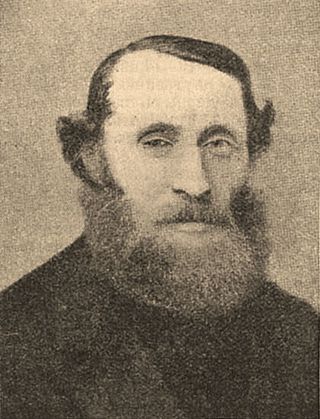
Isaac Mayer Dick was a Russian Hebraist, Yiddishist, and novelist.
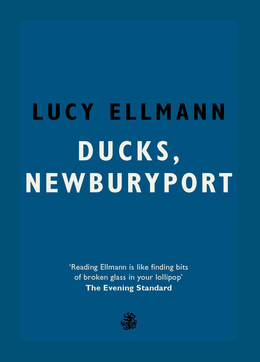
Ducks, Newburyport is a 2019 novel by British author Lucy Ellmann. The novel is written in the stream of consciousness narrative style, and consists of a single long sentence, with brief clauses that start with the phrase "the fact that" more than 19,000 times. The book runs over 1000 pages. It won the 2019 Goldsmiths Prize and was shortlisted for the 2019 Booker Prize.













